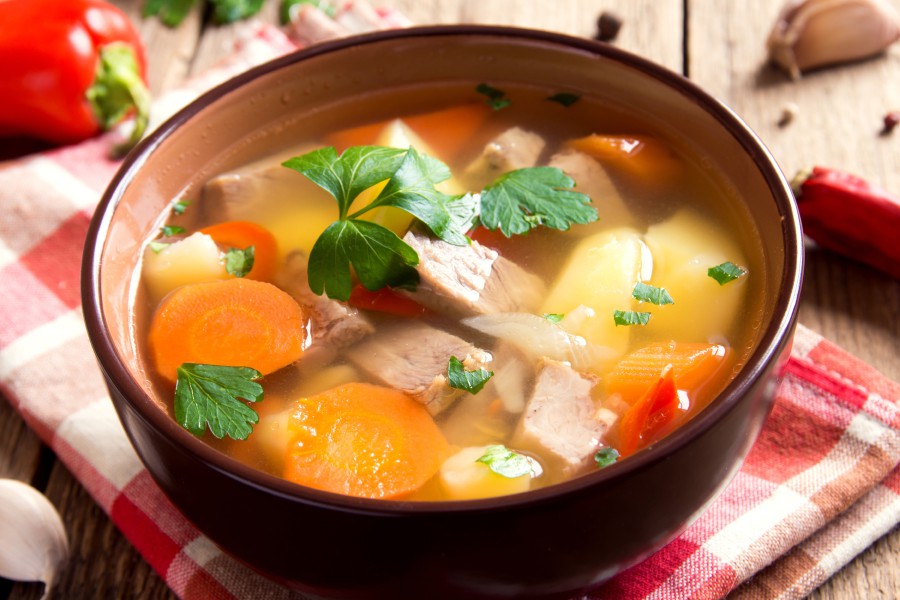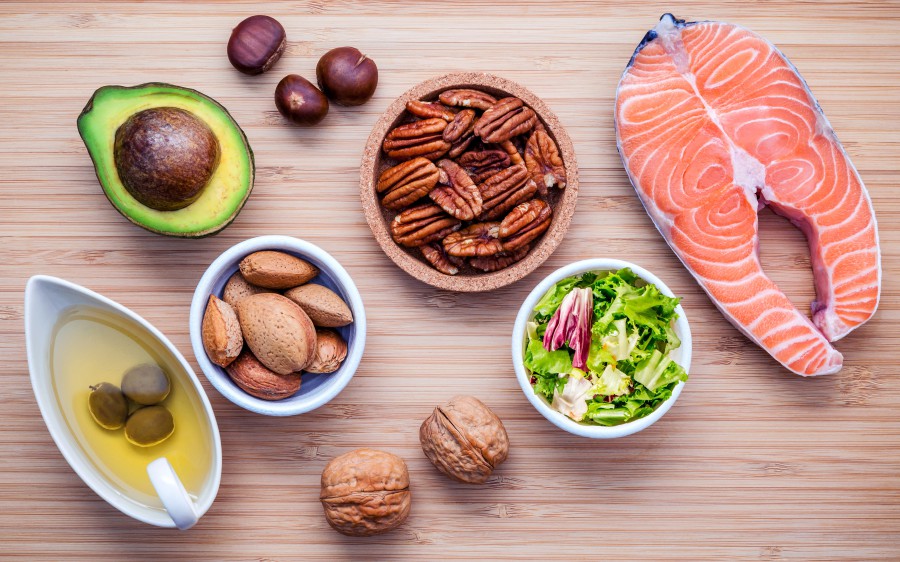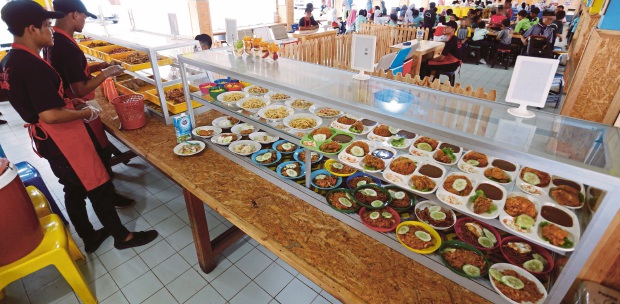AS we continue to self-isolate and work from home during the pandemic, many people are concerned about the effects that take-outs and delivery orders may be having on their overall eating habits or their weight.
This is a concern as Malaysians are no strangers to obesity. The 2019 National Health and Morbidity Survey (NHMS 2019) reported that one in two adults in Malaysia are overweight or obese.
Some are also finding that they are engaging in unhealthy behaviours, such as emotional eating while bored or stressed. This is made easy when ordering food or snacks online - a practice that may feel comforting but could also be contributing to weight gain since these meals are often higher in calories than home-cooked food.
However, the stay-at-home mandate should not cause additional stress when it comes to eating. Why not treat yourself to delicious, guilt-free take-out and delivery while at the same time supporting local businesses in your community?
How Can I Order Take-Out Guilt Free?
Before you order, check the online menus beforehand to review the offerings and, if they're available – the nutritional information too. Look for vegetables first, then lean proteins like chicken or fish, and then build the rest of the meal around those items. Some of the best cuisines to consider are Mediterranean or Asian, because they tend to focus on low-fat proteins and vegetables.
A stir-fry with shrimp and broccoli, for example, or a salad tossed with olive oil and lemon and topped with grilled chicken are good bets.
If nutrition information is available, be sure to read it carefully – studies have shown that the calories you eat might be nearly 20 per cent higher than what the menu says.
Also, keep in mind that the calorie counts usually list the different items in a meal separately, rather than the full calorie count for the whole meal. So, if you order a full meal, be sure to note the calories for not only the entrée, but for the side dishes as well.
Watch out for foods that sound healthier than they are. Sandwiches can be healthy if they're made with lean meats, veggies and whole grain breads, but the calories can add up fast if you load up on cheese or mayonnaise, or if the sandwich is a foot long.
The same goes for those healthy-sounding salads. Some main-dish salads can rack up more than 1000 calories, thanks to heavy dressings and fatty add-ins like fried noodles or croutons.
Another tip to consider is steaming or microwaving additional vegetables while you're waiting for the delivery—there's usually extra sauce left in the food containers and you can mix veggies in to help expand the meal.
Finally, try to resist the upsell from restaurants. They may try to tempt you with "meal deals" that include sugary drinks, or starchy, fatty appetizers or sides.

Healthy Swaps to Make
Try customising your home-delivered meal. Ordering pizza? Try it with thin crust, low-fat toppings and lots of vegetables to trim calories and add a salad to round out the meal. Ordering Mexican food? Swap corn tortillas for flour and you can save unneeded fat and calories.
Be aware of condiments. The calories listed on the menu for a salad or sandwich may not include salad dressing or condiments, so read the listings carefully.
The extra calories you are adding to your meal through condiments and dressings can add up fast, so consider ordering those "extras" on the side so you can control how much you use.

Make Health Your Priority
While many restaurants are able to accommodate healthy alternatives and diet preferences, the energy supply for the Malaysian population remained consistently in excess of average calorie needs by a minimum of 30 per cent according to a study.
Without consciously amending your take-out order, these foods tend to provide more calories, sodium, and saturated fat than meals prepared at home, and those extra calories may lead to weight gain.
Right now, we should be focusing on optimising our nutrition to support overall health and a healthy immune system while we navigate this crisis. While it's always important to avoid weight gain, aggressive dieting could backfire. When cutting calories in an attempt to lose weight, it becomes more difficult to work in all the important nutrients the body needs – and that could mean sacrificing good nutrition in order to shed weight.
To keep your weight under control, try to order foods that are similar to what you would normally eat if you were eating at home, rather than using it as an occasion to over-indulge.
And remember that restaurant portions can be huge. Split an entrée with a family member and order an extra side of veggies, or portion half of the meal for yourself upfront, and save the leftovers for lunch the next day.
It takes discipline to stick with our usual diet and exercise routines during this uncertain time, but that is where our focus should be. The most important thing we can do is to take the best possible care of ourselves by eating the most nutrient-dense foods we can obtain.
It's also important to stay well hydrated, get adequate rest and exercise, and use methods such as meditation or yoga to help us relax.

*The writer is senior director, Worldwide Nutrition Education and Training, Herbalife Nutrition.
Use foodpanda Voucher Code for additional discounts on takeout dishes.




